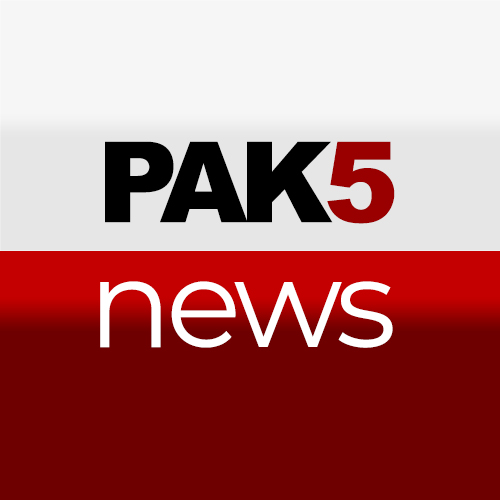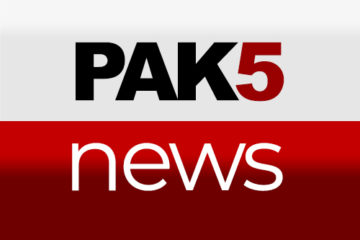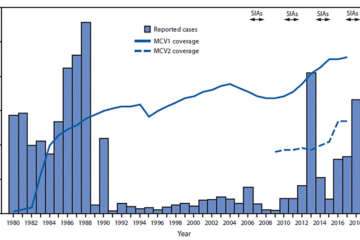Pakistan resists Covid lockdown as economic anxiety mounts – Financial Times

PAK 5 NEWS
Imran Khan’s government is resisting Covid-19 restrictions despite the rapid spread of infections in Pakistan, as his government tries to avoid exacerbating an economic crisis that is challenging his popularity.
On Monday, the government ordered a review of safeguards and took steps including banning meals from being served on flights. A senior government official told the Financial Times that it was also considering closing schools and wedding halls in the country of 220m.
But there have been calls for more urgent action. The Pakistan Medical Association, the main representative body of doctors, wants tighter restrictions on public gatherings. “We weren’t strict in the last four waves of coronavirus but we have to be strict this time,” Qaiser Sajjad, secretary-general of the PMA, told GEO TV.
The National Command and Operation Center on Monday reported that infections had approximately doubled from a week earlier to just under 36,000 active cases. It reported only seven deaths though the real figures could be higher. Karachi, the southern port city and Pakistan’s business capital, reported a sharp increase in new cases.
Khan’s government has previously resisted calls for strict lockdowns, citing the need to “save the economy” and arguing that they would be more devastating for the country’s poor than the disease itself.
Yasmin Rashid, the health minister of Pakistan’s largest province Punjab and member of Khan’s Pakistan Tehreek-i-Insaf (PTI) party, urged the government to keep schools and colleges open. “We don’t want educational institutions to be closed. Education has already suffered a lot,” she told reporters.
The senior official added: “The government faces a very tough balancing act. The Omicron virus is spreading and that’s a hard reality, but there’s also the feeling that a tight lockdown will undermine the economy and provoke a public backlash”.
The reluctance to lockdown has helped Pakistan’s economy avoid the worst of the contractions endured in some other economies such as neighbouring India. Pakistan’s economy shrunk 0.5 per cent in 2020 and grew 4 per cent in 2021, according to the IMF.
But the country faces a different set of economic challenges. Soaring inflation and a depreciating currency have prompted concerns about a balance of payments crisis.
This has forced Khan’s government to seek IMF help. The PTI last week passed a controversial austerity bill, which will cut billions of dollars worth of spending and subsidies, through parliament. The measures were required to resume a $6bn IMF loan programme that has been stalled since last year.
The government has been in talks with the fund about unlocking the next $1bn tranche.
But the bill has provoked fierce opposition, and analysts said that the prime minister appeared unwilling to cause more economic pain with Covid curbs. This is particularly vital as the PTI and other parties prepare for general elections next year.
“On Sunday, there were huge political rallies in Karachi as we see this build-up to elections,” said Huma Baqai of the University of Karachi. “This is a very difficult tightrope for prime minister Khan. Getting the balance right on Covid policy is not easy.”










